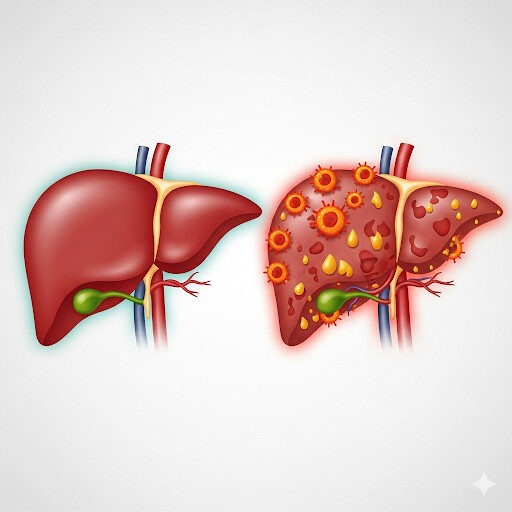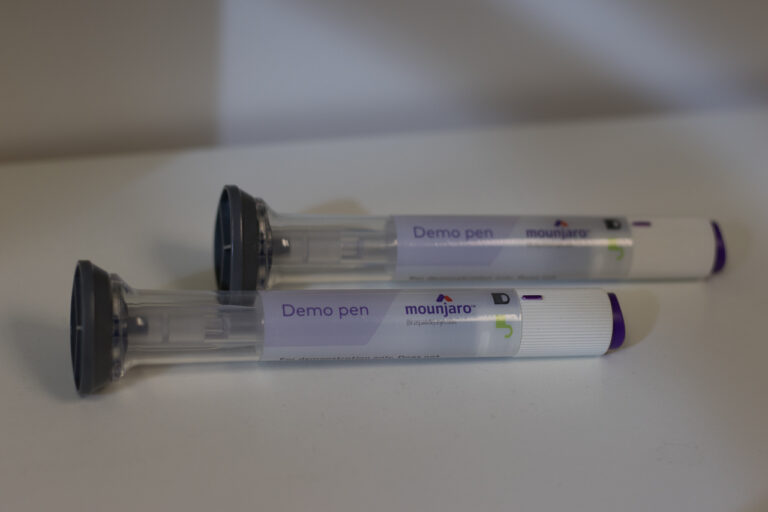
Myths about Obesity, Part 1
One of my favorite topics to lecture both to doctors and to the community about is myths and facts about obesity. For example, I love seeing the look in physicians’ eyes when I tell them that instructing their patients of weight to eat less and exercise more is not effective advice, and in fact may ultimately do more harm than good.
 One of my favorite topics to lecture both to doctors and to the community about is myths and facts about obesity. For example, I love seeing the look in physicians’ eyes when I tell them that instructing their patients of weight to eat less and exercise more is not effective advice, and in fact may ultimately do more harm than good.
One of my favorite topics to lecture both to doctors and to the community about is myths and facts about obesity. For example, I love seeing the look in physicians’ eyes when I tell them that instructing their patients of weight to eat less and exercise more is not effective advice, and in fact may ultimately do more harm than good.
Imagine then how happy I was when the New England Journal of Medicine (NEJM), one of the most highly respected medical journals, published an article in January, 2013 discussing myths, presumptions and facts regarding obesity. This article will be the first of several reviewing the findings published in the NEJM on this crucial topic, as it helps explain where the current level of science is, and how popular beliefs and actual science are really not in alignment on this one.
Myth #1: Small sustained changes in energy intake or expenditure will produce large, long-term weight changes.
Fact: These predictions rely on the 50-year-old 350-calorie rule which states that if you have a 3500-calorie deficit between energy in and energy out you will lose 1 pound. Recent studies show that the body quickly adapts to changes in diet and exercise, and actual changes in weight are only a fraction of what this formula would predict. For example, this rule suggests that if an individual increases daily activity by 100 calories per day by walking 1 mile each day over a period of 5 years, that person should lose over 50 pounds. Unfortunately, the true weight loss is only about 10 pounds assuming no change in diet, only 1/5th of what this formula predicts, because of adaptation within the human body.
This in part explains why telling people of weight to “eat less, exercise more” as a treatment for their weight problem seldom results in meaningful weight loss. This statement is also based on the 50-year-old premise of “calories in = calories out.” It ignores what is happening in the human body.
Myth #2: Setting realistic goals for weight loss is important.
Fact: As I have long told patients, weight loss goals have no bearing on how much weight a person ultimately loses or keeps off. So, if a person tells me they want to lose 100 pounds, there is no association between this goal and the amount of weight loss actually achieved. I feel that based on the current level of science, any discussion of a “goal weight” is not a helpful treatment strategy. Instead, I like to take off as much weight as we safely can, and then try to keep off as much of that as we can for as long as we can, knowing that some regain can be expected, but hopefully the end result is a medically meaningful loss resulting in improvements in happiness and in health.
Nonetheless, we still ask our patients what their weight loss goals are. Having a goal in mind can both be motivating and de-motivating. Be sure to discuss your goals and objectives with Dr. Lazarus so we can come up with a plan that you are happy with. But feel free to aim high (or low?)!
Myth #3: Rapid weight loss is associated with poor long-term weight loss.
Fact: In well-done, scientific weight loss studies, more rapid and greater amounts of initial weight loss are not associated with reduced weight loss at the end of long-term follow-up. My patients have long told me that rapid weight loss is motivating and helps keep them achieve a positive attitude. This helps set the stage for committing to a maintenance program. In my experience, motivation to achieve weight loss occurs in short spurts. Trying to stay motivated for 5 years to lose 50 pounds is not very likely! If we can achieve that same result in 20 weeks (with an aggressive weight loss program like Optifast or CNC’s Protein Sparing Modified Fast) while motivation levels are still high, we may still have enough mental energy left to work hard on a maintenance program.
That’s it for today. Next time we’ll discuss more weight loss myths including: readiness to change, physical education in schools, breastfeeding and calories burned during sexual activity.
Written by Dr. Ethan Lazarus




